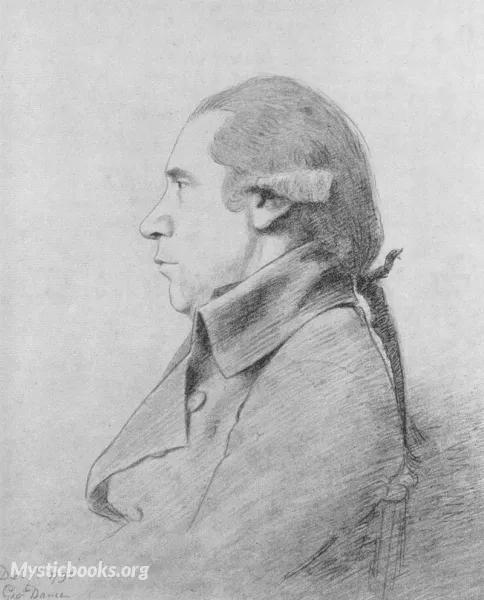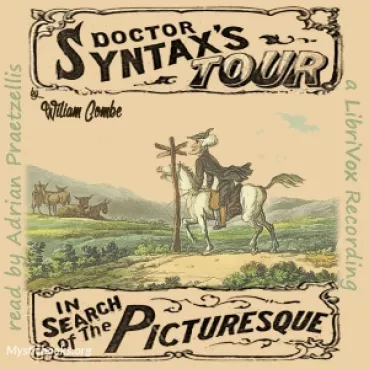
Timeline
Title
Country/Nationality
William Combe
William Combe (1742-1823) was a British writer whose life was as adventurous as his pen. A man of many talents and eccentricities, Combe's literary career spanned over four decades, producing a diverse body of work that included poetry, satires, and miscellaneous writings. Despite his prolific output and enduring popularity, Combe's life was marked by financial hardship and imprisonment, yet he never lost his spirit or his love for literature.
Early Life and Adventures
Born in Bristol, England, in 1742, Combe's early life was marked by a thirst for adventure and a disregard for convention. He embarked on several sea voyages, including one as a midshipman on a warship. Upon his return, he studied law but never practiced, instead pursuing a bohemian lifestyle in London's literary circles.
Literary Prowess and Satirical Flair
Combe's literary talents were evident from an early age. His first published work, a satirical poem titled "The Diaboliad," appeared in 1776. This work, along with his subsequent satires, established Combe as a master of social and political commentary. His sharp wit and biting observations often drew criticism from those in power, but they also endeared him to the public.
Financial Woes and Imprisonment
Despite his literary success, Combe was plagued by financial troubles throughout his life. His extravagant lifestyle and gambling habits often left him in debt, and he was eventually imprisoned for failing to pay his creditors. During his time in prison, Combe continued to write, producing some of his most popular works, including "Dr. Syntax" (1812-1821), a series of satirical poems about a pedantic and pompous schoolmaster.
Notable Works and Literary Legacy
Combe's literary output was vast and varied, encompassing poetry, satires, travelogues, and miscellaneous writings. His most famous works include:
- The Diaboliad (1776): A satirical poem that attacked the political and social establishment of the time.
- Dr. Syntax (1812-1821): A series of satirical poems about a pedantic and pompous schoolmaster.
- The Tours of Dr. Syntax (1818-1821): A series of prose works that chronicled Dr. Syntax's travels through England.
Combe's works were widely read and enjoyed in his own time, and they continue to be appreciated today for their wit, humor, and social commentary. He is considered a significant figure in the history of British satire, and his works continue to entertain and enlighten readers.
Philosophy and Principles
Combe's philosophy was one of social and political reform. He believed that the powerful should be held accountable for their actions, and he used his satire to expose their hypocrisy and corruption. He was also a champion of individual liberty and freedom of expression.
Death and Remembrance
Combe died in 1823 at the age of 81. He is remembered as a prolific and versatile writer whose sharp wit and biting observations made him a prominent figure in British literature. His works continue to be read and enjoyed today, and he is considered a significant figure in the history of British satire.
Additional Points of Interest
- Combe was a keen amateur artist and produced a number of paintings and sketches.
- He was also a skilled musician and composer.
- Despite his financial troubles, Combe was a generous man who often donated to charity.
Combe was a complex and contradictory figure, but he was undoubtedly a talented and original writer. His works provide a fascinating glimpse into British society in the late 18th and early 19th centuries, and they continue to entertain and provoke readers today.
Books by William Combe

The Tour of Dr. Syntax in Search of the Picturesque
In William Combe's delightful tale, "The Tour of Dr. Syntax in Search of the Picturesque," we are introduced to the eccentric and endearing Dr. Syntax, a schoolmaster with an insatiable passion for art and an unwavering determination to capture the b...